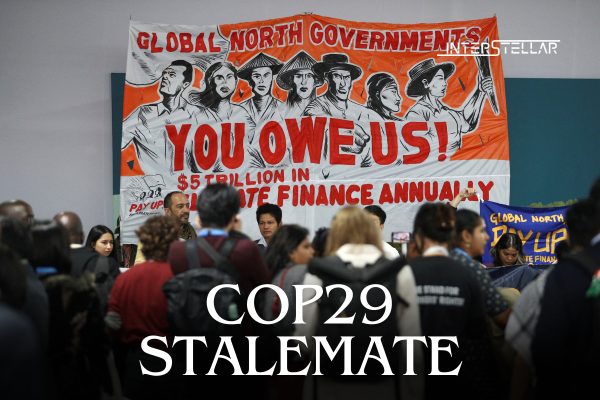UN Climate Summit Faces Stalemate Over Climate Finance Agreement
The United Nations climate body unveiled fresh proposals on Thursday for determining the financial contributions richer nations should provide to poorer countries for tackling climate change. The updated negotiating text emerged at the COP29 summit in Baku, Azerbaijan, just two days before the event’s scheduled conclusion.
Despite being a central focus of the summit, reaching an agreement on climate finance has been slow. The latest draft arrived several hours late and revealed significant gaps on critical issues such as how much funding is needed, what qualifies as contributions, and who will provide the funds.
Polarised Positions on Climate Finance
The new document, reduced to half the length of its predecessor, outlines two competing visions from developed and developing nations. Developing countries advocate for grants or grant-equivalent funding, ensuring that contributions from emerging economies like China are not officially counted in the target.
On the other hand, wealthier nations seek to broaden the definition of climate finance. Their proposal includes not only grants but also other forms of financial aid, such as loans or investments, with contributions coming from a wider base of countries.
Both sides have yet to agree on a total funding figure, with the placeholder ‘X’ remaining in the text. Li Shuo, a climate diplomacy expert from the Asia Society Policy Institute, noted:
“The text misses a number that defines the scale of future climate finance, a prerequisite for negotiation in good faith.”
The $1 Trillion Target
Economists attending COP29 have emphasised that developing countries will need at least $1 trillion annually by 2030 to address climate change effectively. However, wealthier nations, including members of the European Union, have expressed hesitation in committing to specific figures. They argue that more clarity is needed regarding how the funds will be structured and who will contribute.
A Race Against Time
As the summit’s closing hours approach, the unresolved questions threaten to derail progress on a central objective. Experts warn that failing to establish a clear and actionable climate finance target could undermine trust between nations and stall efforts to address the escalating climate crisis.
With inputs from Reuters





